Transcription of Telephone Acceptable Use Policy - Royal Veterinary College
1 Telephone Acceptable Use Policy (ISP05). Issue Date: December 2014 Version 3. Document Control 3. 1. Policy Statement 4. 2. Introduction 4. 3. Responsibilities 4. 4. Breach of Policy 5. 5. Service Standards: Making Calls 5. 6. Confidential Data and Information Security 6. 7. Personal Use 6. 2. Document Control Policy Version:- Policy Review Interval:- Annually by Information Security Group from the date of authorisation Author:- Director of LISD. Authorised By: Information Security Group ISG Group Members:- Director of Estates (Chairperson). Head of IT Infrastructure Services Director of Library and Information Services Division LISD IT and Development Manager Authorisation Date:- December 2014.
2 3. 1. Policy Statement The purpose of this Policy is to describe the service standards to be applied and the operational procedures to be followed by all employees of the College when using landline or mobile telephones for internal and external calls, and for personal use. Any queries arising from this Policy or its implementation can be taken up directly with the IT. Infrastructure Services team at The College is the Owner of this document and has approved management responsibility for its development, review and evaluation. o This Policy is intended to be read by all staff and students for general information and awareness. o The Policy is relevant to the use of all mobile telephones and landline Telephone systems throughout the College whether as part of a corporate Telephone system or a stand-alone system within a College establishment.
3 2. Introduction This Policy provides guidance on when to use telephones, making and responding to calls in a way which reflects positively on both the individual employee and the College . Any incoming (or outgoing) Telephone call is potentially the first point of contact with members of the public or other customers of the College . The first impression given when making, and in particular when answering, a call goes a long way towards influencing the perception of the College 's level of performance and quality of service. It is therefore important that all employees are aware of and follow these guidelines. The College recognises that the use of mobile telephones is an essential part of many employees'.
4 Working lives and access to a mobile phone is necessary for certain roles. The advantage of mobile phones to lone workers and those working in remote areas is recognised. Landlines and, where there is a business need, mobile telephones are provided for business use, and this Telephone Usage Policy includes guidance on how they should be used and managed. 3. Responsibilities In making use of College landline and mobile telephones all users are expected to act responsibly and keep costs to a minimum. Wherever possible College receptionist staff should be requested for directory enquiry numbers and premium directory enquiry services such as 118 118 should be avoided.
5 Managers are responsible for ensuring that existing and new members of staff are made aware of the content of this Policy and for monitoring compliance with it. 4. The College expects value for money (VfM) in its telephony provision and therefore employees will not be able to select specific mobile phone handsets or types and may not be given a choice Unless there is a specific business reason for a specific type of phone which must first be approved by the Head of Department. When making or receiving any calls, internal or external, employees should aim to be pleasant, informative, helpful and brief. Employees are responsible for all calls made on a College mobile phone, and for the safe-keeping of the phone.
6 Users are responsible for any fine or other penalty incurred for breach of legislation if using a mobile phone or hands free device whilst driving. It is illegal to make or receive a call using a mobile Telephone whilst driving if the phone is held in the hand during any part of the operation. Users should also be aware that they can be prosecuted for using hands free devices if they fail to properly control their vehicle. College mobile phones remain the property of the College and must be returned if the user leaves the College 's employment. Failure to do so may result in the employee being charged an amount equivalent to the rental of the phone and any other charges made against the account.
7 The College may also apply an administrative charge to cover costs incurred in recovering the phone and terminating the contract. If a College mobile phone is lost it must be reported to a line manager as soon as possible. If a College mobile phone with (work emails synchronised to the device such as iPhone, Windows Mobile etc.) is lost then it must be reported to a line manager and IT Infrastructure Services Team If the lost mobile phone is a smartphone staff may be required to purchase replacement handset themselves, if this loss is due negligence on the part of the user or if they would need a similar mobile phone. College mobile phones are provided for College related use only.
8 While the College recognises that occasional personal use may be necessary, this should be kept to a minimum. Apps should not be purchased for personal use at the College 's expense and may not be replaced or refunded if bought from personal funds and downloaded to a College handset. 4. Breach of Policy All employees are responsible for their compliance with the Policy , and for reporting any Policy violation or other abuse of the Telephone system. Any breach of this Policy will be dealt with in accordance with the College 's disciplinary procedure. If abuse of a mobile phone is suspected, in addition to any other sanctions imposed the phone will be withdrawn.
9 5. Service Standards: Making Calls 5. Employees should be aware that calls to mobile phones are expensive and therefore any calls should be clear, succinct and as brief as possible. International Roaming is enabled by default on all College mobiles. If you travel abroad regularly on College business, it is advised to contact to enable special roaming package which will reduce the cost. The use of chargeable mobile services such as premium rate text messages, directory enquiries etc, is not permitted on College mobile phones without prior and specific written permission from a line manager. Text or picture messages (SMS or MMS) must not contain, or have attachments that contain: defamatory, offensive or harassing language, fraudulent material, sexually explicit images or language, material that infringes copyright or other intellectual property rights of third parties, or offensive cartoons or jokes or otherwise involve lawful or wrongful conduct.
10 Nor should they contain any remarks that might be potentially embarrassing to the College , its employees or the general public 6. Confidential Data and Information Security Information must never be given out over the phone unless it is absolutely clear who it is being given to and that they are entitled to the information and are ready and able to accept it. Care must be taken to ensure that conversations involving confidential and/ or personal information cannot be overheard. Voicemail messages containing personal information should only be left after due consideration has been given to any security and confidentiality risks involved.
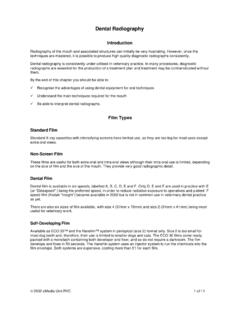

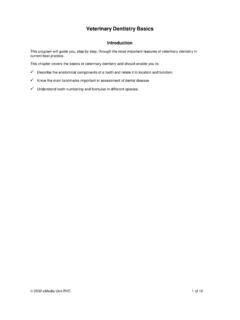
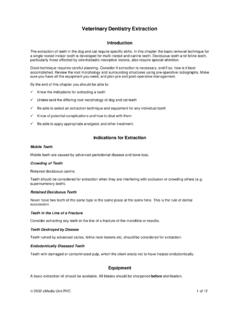
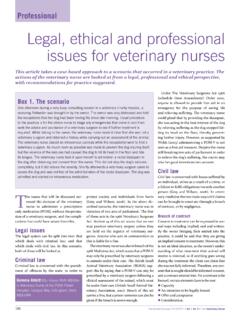



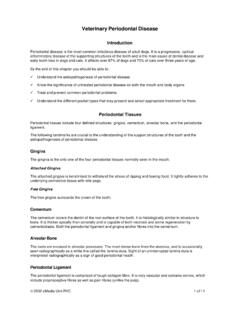


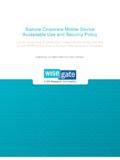


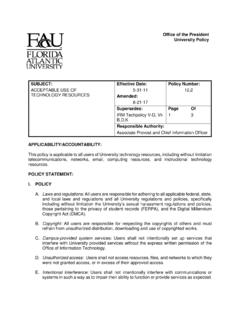

![Ç v ^ µ ] Ç u o h W } o ] Ç 3XUSRVH E X ñ ò í ó](/cache/preview/a/9/1/e/b/6/3/e/thumb-a91eb63e45bbeb5193fd7844a2336695.jpg)